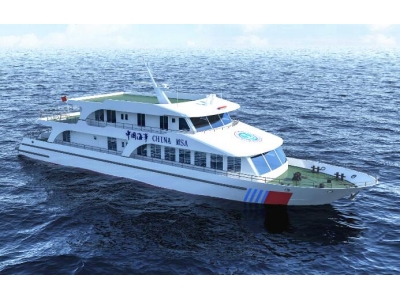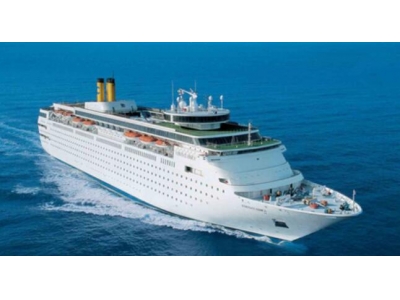Introduction
Ships and vessels are essential components of the maritime industry, serving various purposes such as transportation, exploration, and military operations. In this article, we will delve into the world of ships and vessels, discussing their different types, functions, and significant contributions to global trade and commerce.
1. Types of Ships and Vessels
Ships and vessels come in various shapes and sizes, each designed for specific purposes. Some common types include:
- Cargo Ships: These vessels carry goods and merchandise across the world's oceans.
- Cruise Ships: These luxurious vessels are designed for leisure and travel, offering amenities and entertainment for passengers.
- Warships: These naval vessels are built for military purposes, including defense, attack, and surveillance.
- Fishing Vessels: These boats are used for commercial fishing, equipped with the necessary tools and technologies.
- Research Vessels: These ships are dedicated to scientific research and exploration of marine environments.
2. Functions and Operations
Ships and vessels play a vital role in global trade, connecting countries and facilitating the exchange of goods. They transport raw materials, consumer products, and energy resources across vast distances. Additionally, ships are used for various purposes such as offshore drilling, marine salvage operations, and even humanitarian aid efforts.
3. The Impact of Ships on the Economy and Environment
Ships contribute significantly to the global economy, generating billions of dollars in revenue and creating job opportunities. The maritime industry supports many sectors, including shipbuilding, logistics, tourism, and international trade. However, ships also have environmental implications, mainly due to emissions and marine pollution. Efforts are being made to mitigate these impacts through the use of cleaner fuels, stricter regulations, and improved waste management practices.
4. Technological Advancements in Shipbuilding
Over the years, shipbuilding has witnessed significant technological advancements. From traditional wooden vessels to modern steel or composite ships, the industry has evolved to improve efficiency, safety, and environmental performance. Innovations such as automated systems, advanced navigation equipment, and energy-saving technologies have revolutionized the way ships are designed and operated.
5. Future Trends and Challenges
The future of ships and vessels is shaped by emerging trends and challenges. With the increasing demand for sustainable transportation, the industry is exploring alternative fuels such as liquefied natural gas (LNG) and hydrogen. Additionally, the rise of autonomous vessels and digitalization is set to transform the way ships are managed and operated. However, challenges such as piracy, maritime security, and geopolitical tensions continue to pose threats to the industry.
Conclusion
Ships and vessels are an indispensable part of the global economy, enabling trade, travel, and exploration. Understanding their types, functions, and impact on the environment is crucial for stakeholders in the maritime industry and policymakers alike. As technology and sustainability concerns shape the future of ships, it is essential to strike a balance between economic development and environmental stewardship.
Thank you for reading this article and gaining insights into the world of ships and vessels. We hope this information has enhanced your knowledge and appreciation for these remarkable engineering marvels.


